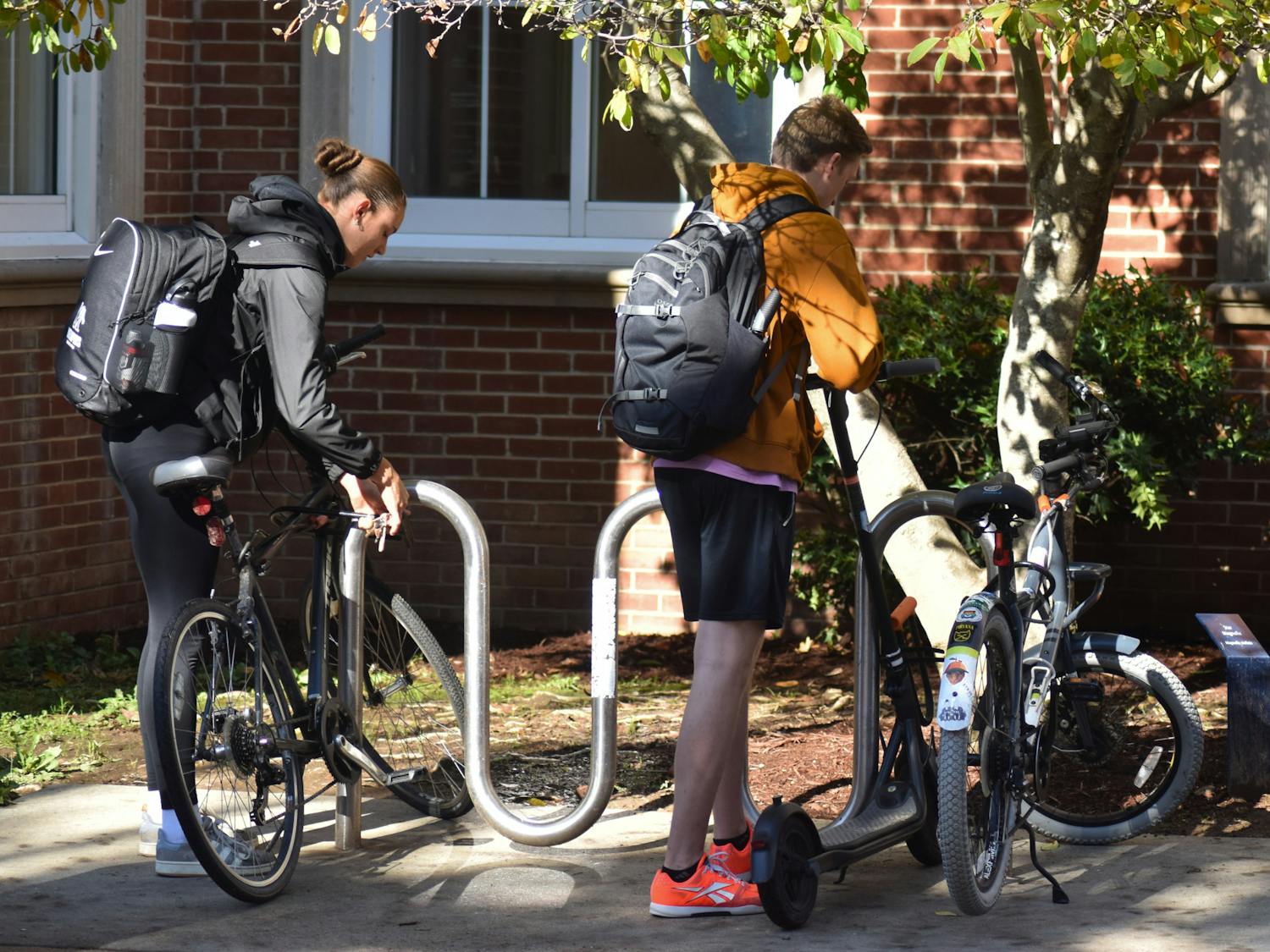The main difference between a college student at the University of Memphis and one in Palestine is the students in Palestine live in a land of occupation with fewer options.
Isra Khamaysa, a freshman business management major at Palestine Polytechnic University, said her typical school day consists of going to three to four classes a day, working on any projects she has, then leaving campus.
“Usually I stay at the university from 7 in the morning to about 2 or 3 in the afternoon,” Khamaysa said. “After I finish all of my work, I take some friends, we eat (off campus) and then we all go back home.”
Khamaysa said the campus is more of a professional environment, so for anything she wants to do for leisure purposes, she goes off campus.
“It is unlikely for you to see someone on campus goofing off or playing games,” Khamaysa said. “If a professor sees one of their students being a fool, then he will think less of them in the class, so mostly friends hang out away from all the professors.”
Professors in Palestine have strictly professional relationships with their students, and unlike the U of M, the universities also do not offer any internships or jobs to students. The facility is there only to teach.
The U of M, like most colleges in the United States, has places for dining, lounging, exercising and doing extracurricular activities. Students in Palestine do not have the same options.
Palestinian universities are mostly nonprofits, and the funds go straight to academics. They mostly use them for labs, libraries and anything a school’s administration believes a department is lacking.
The universities are mostly buildings for studying and working; most dining options and extracurricular activities are off campus and not owned by the school.
Abdullah Tamimi, a sophomore business management major at PPU, said once he is done with college, he is on his own in searching for jobs.
“The professors and the university do not give students opportunities to go out in the working world,” Tamimi said. “We have to find our own jobs, and we have to build ourselves among the people who already know what they are doing.”
Tamimi said he wishes the universities at least listed job openings or internship opportunities because many students are struggling to find one.
“If one kid hears about an internship, a hundred people will apply for it because we just can’t find a lot,” Tamimi said. “It is so competitive. It gets exhausting, and a lot of students end up finishing college with little to no knowledge of how to actually work in their field.”
Although the colleges have small offers, they teach properly and are available for any person who would like a degree.
Amr Dweik, a freshman psychology major at Hebron University in Palestine, said he is very proud to be going to school and feels like it’s the first step to a stable life.
“I know it is not a fancy school like Cambridge or Harvard, but the professors are so good, they probably should teach there,” Dweik said. “My professors mentor me and help me think about what my next step in life should be. I’m glad I have the privilege of going to school.”





